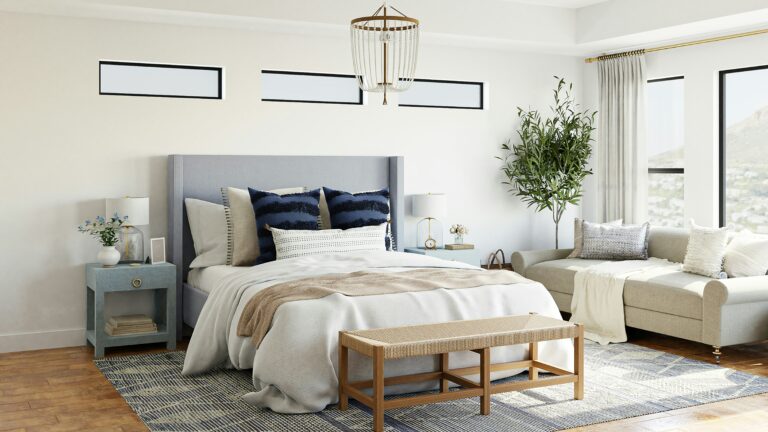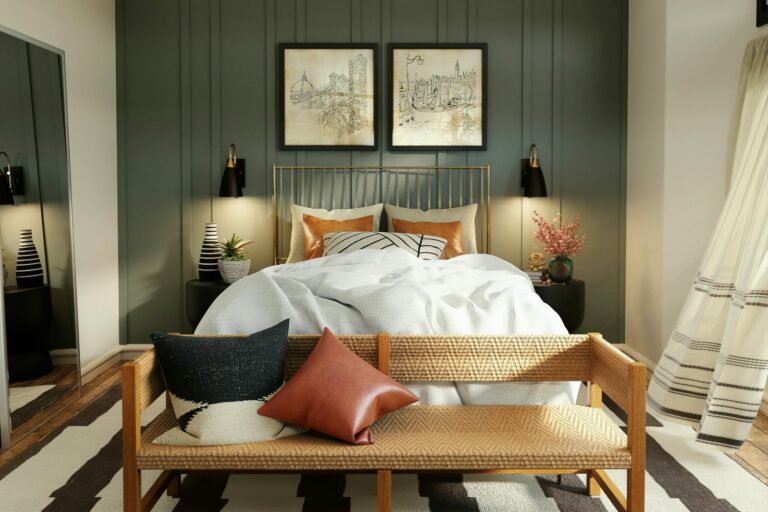Welcome to our comprehensive guide on how to list your property on HRS (Hotel Reservation Service). By following the steps outlined in this guide, you’ll be well on your way to maximising visibility and bookings for your property on this popular platform.
Take control of your hotel’s distribution strategy with insights into OTAs and effective online travel agency management.
Why List Your Property on HRS?
HRS is a leading global hotel booking platform that connects millions of travellers with thousands of properties worldwide. By listing your property on HRS, you can:
- Reach a vast audience of potential guests from around the world
- Benefit from targeted marketing campaigns and promotions
- Enjoy a user-friendly platform that makes managing your property simple and efficient
- Access 24/7 customer support to help you optimise your listing and maximise bookings
Listing Your Property on HRS
Step 1: Create an Account
First, visit the HRS website and click on “List Your Property” at the bottom of the page. You’ll be prompted to create an account using your email address and a password. Fill in the required information and click “Sign Up.”
Step 2: Provide Property Details
After signing up, you’ll be asked to provide details about your property, including:
- Property name
- Address
- Number of rooms
- Property type (e.g., hotel, bed & breakfast, apartment, etc.)
- Contact information
Make sure to fill out all required fields accurately, as this information will be displayed on your listing and used by potential guests to book your property.
Step 3: Set Up Room Types and Rates
Next, you’ll need to set up your room types and rates. This includes providing information about each room type available at your property (e.g., single, double, suite), as well as the corresponding rates and availability.
To optimise your listing for maximum visibility, consider offering competitive rates and flexible booking options, such as free cancellation or last-minute deals.
Step 4: Upload Photos and Descriptions
High-quality photos and detailed descriptions are essential for showcasing your property’s unique features and attracting potential guests. Be sure to include:
- At least one high-resolution photo for each room type
- Images of common areas, amenities, and the exterior of your property
- Captions that highlight key features and selling points
In your descriptions, focus on what sets your property apart and what guests can expect during their stay. Remember to mention any special offers or promotions you’re currently running.
Step 5: Review and Submit Your Listing
Once you’ve completed all the required fields, review your listing to ensure everything is accurate and well-presented. When you’re satisfied with your listing, click “Submit” to send it for approval by the HRS team.
ENJOYING WHAT YOU’RE READING? JOIN OUR NEWSLETTER EMAIL LIST
Join our newsletter list & receive helpful hotelier tips & tricks, industry trends & more!
Tips and Tricks for Optimising Your Listing
In the competitive world of online hospitality bookings, it’s crucial to make your property stand out on platforms like HRS.com, Booking.com, Airbnb, and Expedia. In this comprehensive guide, we’ll provide you with top tips and tricks to optimize your hotel, resort, or short-term rental listings, ensuring maximum visibility and bookings.
1. Craft an Attention-Grabbing Headline
Your listing’s headline is the first thing potential guests will see when browsing through search results. Make it count by crafting a compelling and descriptive title that highlights your property’s unique features or selling points. Think about what sets your property apart from the competition and emphasise those aspects in your headline.
2. Use High-Quality Photographs
A picture is worth a thousand words, and in the world of online bookings, high-quality photographs can make all the difference. Showcase your property in the best light by investing in professional photography or using a high-resolution camera to capture stunning images. Be sure to include pictures of each room type, common areas, amenities, and exterior shots. Don’t forget to add captions that highlight key features and selling points.
3. Write Engaging and Detailed Descriptions
When writing your listing description, focus on what makes your property unique and desirable. Describe the ambiance, highlight any special amenities or services, and mention nearby attractions or points of interest. Use clear, concise language and break up the text into short paragraphs for easy reading. Remember to proofread your description for grammatical errors and typos.
4. Encourage and Showcase Guest Reviews
Positive guest reviews play a significant role in building trust and attracting new bookings. Encourage your guests to leave reviews by sending a follow-up email after their stay or by placing a gentle reminder in their room. Be sure to respond promptly and professionally to all reviews, both positive and negative. Showcasing these testimonials on your listing will provide social proof and help potential guests make an informed decision.
5. Monitor and Optimise Performance
Keep an eye on your listing’s performance by regularly checking your ranking and booking statistics. Use this data to identify areas of improvement and adjust your listing accordingly. Experiment with different headlines, descriptions, and pricing strategies to see what works best for your property.
6. Offer Special Deals and Promotions
Entice potential guests by offering special deals or promotions, such as discounted rates, free upgrades, or added-value services like complimentary breakfast or airport transfers. These incentives can make your listing more attractive and help you stand out from the competition.
7. Stay Active and Responsive
An active and responsive host is more likely to attract bookings. Make sure to promptly answer guest inquiries, keep your availability calendar up-to-date, and maintain a high response rate. This will not only improve your listing’s ranking but also create a positive impression on potential guests.
By implementing these tips and tricks, you’ll be well on your way to optimising your hotel, resort, or short-term rental listing on HRS.com and other booking platforms. With a little effort and creativity, you can significantly boost your property’s online visibility, attract more guests, and maximise your revenue.
8. Use A Channel Manager
Managing your HRS listing has never been easier, thanks to Preno’s Channel Manager. This powerful tool streamlines the process of updating and synchronising your property information across multiple booking platforms, including HRS. By integrating Preno’s Channel Manager into your daily operations, you can effortlessly manage room availability, rates, and reservations in real-time, ensuring that your listing stays up-to-date and accurate. Additionally, the user-friendly interface simplifies the task of monitoring and optimising your listing’s performance. With Preno’s Hotel Channel Manager at your disposal, you can focus on providing exceptional hospitality experiences to your guests while enjoying seamless control over your HRS listing and other online channels.
Frequently Asked Questions
Q: What fees are associated with listing my property on HRS?
A: HRS operates on a commission-based model, meaning you’ll only pay a percentage of each booking made through the platform. There are no upfront fees or subscription costs.
Q: What are the requirements for listing my property on HRS?
A: All properties listed on HRS must meet basic quality standards, including cleanliness, safety, and comfort. Additionally, you’ll need to provide accurate and up-to-date information about your property, including room types, rates, and availability.
Q: What policies should I be aware of when listing my property on HRS?
A: As a property owner, you’re responsible for complying with all applicable local, national, and international laws and regulations. This includes meeting health and safety standards, obtaining necessary permits and licenses, and adhering to any relevant tax obligations.
By following this comprehensive guide, you’ll be well-equipped to list your property on HRS and start attracting bookings from travellers around the world.
Found this blog post insightful? Our other OTA-related articles offer even more valuable content for you to explore:
- How To List Your Property on Airbnb: A Step-by-Step Guide
- How To List Your Property on Expedia: A Step-by-Step Guide
Transform Your Guest Experience With Preno
With Preno, seamless management is just a click away. Embrace the future of hospitality with our free trial, no strings attached.





